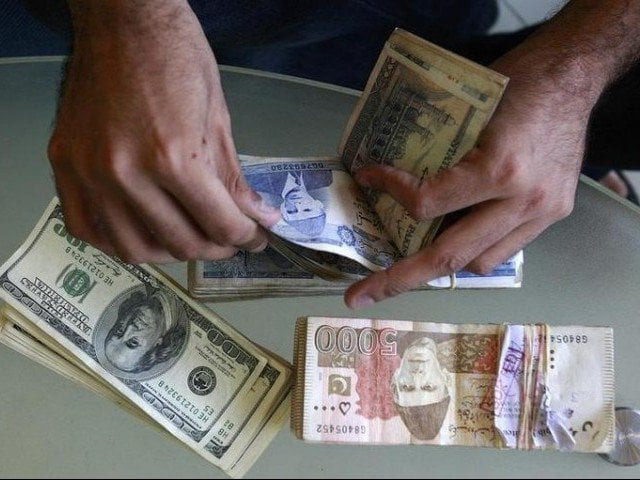‘BoI to create $50b FDI opportunities by 2023’
Textile, PPEs, agriculture, agro-industry, and automobile sectors will be key focus

The Board of Investment (BoI) is actively pursuing strategies to create opportunities for $50 billion Foreign Direct Investment (FDI) in the country by 2023 under its new investment plan, an official of the board told APP on Sunday.
“The BoI’s main priority is to attract investment in various sectors from big economies of the world, including the United States and China and also to encourage overseas Pakistanis to invest in the country so that they can take advantage of these large investment opportunities,” Federal Secretary BoI Fareena Mazhar told the APP in an exclusive interview.
The secretary said that investment opportunities would be created in different sectors including textile, Personal Protective Equipment (PPE), agriculture, agro-industry, automobile, logistics and sports.
She said that Chinese companies have brought $260 million of investment in the Rashakai Special Economic Zone (SEZ) within the steel sector to enhance the productivity and growth in the local industrial sector.
To achieve the agenda of bringing more Chinese investment in Pakistan, she said, the BOI has appointed eight honorary investment counselors in different potential regions of China.
“We appointed these people from business class and other related experiences. This will play an essential role to update the Chinese business fraternity about potential Joint Ventures (JVs), other investment opportunities, and the rewarding incentives offered to foreign investors in Pakistan,” Fareena said.
She said that the appointment of these people are part of the government strategy to enhance Pakistani and Chinese investment for the economic growth of the country.
She said that Rashakai Special Economic Zone (SEZ) would set a new direction for modern industrialization in Pakistan and bring huge FDI in the country.
Read BOI takes steps to facilitate investment
Through this milestone in the economic history of the country, the government wants to provide a conducive business environment for attracting FDI in the country, she said.
Fareena said that four SEZs, including Rashakai Nowshera, Dhaba, Bostan, and Allama Iqbal Industrial City, Faisalabad had also been approved and would be the top priority of the government to develop these zones.
The secretary said that the development of Rashakai SEZ had a huge strategic implication because it is closer to resource-rich Central Asian Republics (CARs) and also plays a role in the economic integration of the region.
All of these SEZs would have a far-reaching socio-economic impact in the region by attracting more investment, spurring industrialization, creating employment in the industry, and ensuring export led-growth, she said.
She said that the completion of Rashakai SEZ would promote ease of doing business in the country and would facilitate the local and foreign investors.
Fareena said that Pakistan’s proximity with China would allow these SEZs to foster economic interdependence for mutual economic advantage.
She said the BOI promoted the establishment of all these SEZs with the goal of capitalizing on investment inflow under CPEC, inclusive economic development in the provinces, creation of job opportunities, industrial development, and export generation in Pakistan.
Replying to another question, she said that Rashakai SEZ held a unique competitive advantage due to its proximity to the first juncture of the CPEC route, and its significant resource and manufacturing base in the region.
She said that Pakistan acquired the $3 billion FDI in the previous FY year 2020-21 and the government was committed to bringing more foreign investment in the potential sector in 2021-22.
The secretary said the government had set a target to complete reforms in BOI, through Pakistan Regulatory Modernization Initiative (PRMI) in district provincial, and at the country level.
She said that according to the new policy strategy, the BOI also aspires to generate a number of new leads tracked in the board’s newly introduced Investment Relation Management System (IRMS) for enhancing the FDI in the coming years.
She said the investment strategy also includes priority sectors which have been selected through a structured sector scanning process.



















COMMENTS
Comments are moderated and generally will be posted if they are on-topic and not abusive.
For more information, please see our Comments FAQ